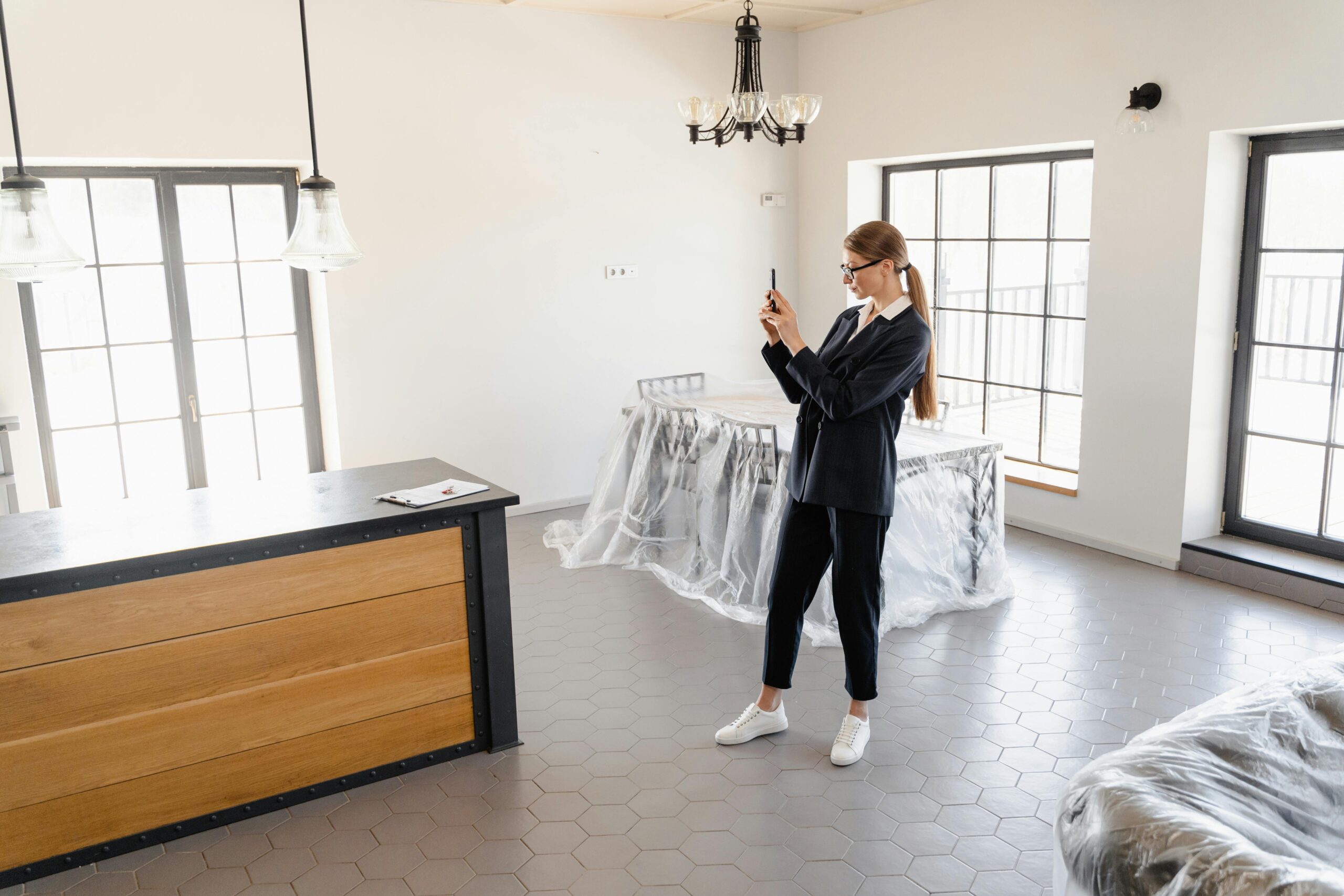If you’re selling a home worth millions, you’re entering a unique segment of real estate where precision, strategy, and presentation determine your outcome. Luxury homeowners often dream of high profits but naturally have pressing questions:
-
How do I get the highest possible price for my unique property?
-
How much prep work is necessary before listing?
-
What type of agent should I hire for a luxury sale?
-
How do I keep my home safe during the sales process?
-
How important is timing in selling million dollar homes?
With insights from Rob Jensen (Broker/Owner of the Rob Jensen Company and longtime adviser on Nolo’s real estate books), let’s break down everything you need to know about successfully marketing and selling high-end properties.
How to Sell a Luxury Home for the Maximum Price
Luxury homeowners are rarely desperate to sell. Instead, the challenge is ensuring the property isn’t undervalued or scooped up for less than it’s worth. While external factors like the economy and comparable neighborhood sales will always influence outcomes, there are strategic steps you can take to maximize your return when selling million dollar homes.
1. Highlight What Makes Your Home Stand Out
Affluent buyers usually have multiple homes or deep investment experience. They’re selective, patient, and looking for perfection. That means your home must stand out beyond price.
-
Professional visuals matter first. As Rob Jensen says, “Your first showing is online.” Invest in high-resolution photos, drone videography, and cinematic tours.
-
Tell the home’s story. Written descriptions often get overlooked, but they allow you to highlight details buyers might otherwise miss: proximity to schools, energy-efficient solar panels, or curated landscaping.
-
Create a lifestyle vision. Transform raw facts into an emotional narrative: “beachfront retreat,” “wellness sanctuary,” or “chef’s paradise.”
When selling million dollar homes, you’re not just offering square footage—you’re selling aspiration, identity, and lifestyle.
2. Set the Right Price From the Start
Pricing is an art form in the luxury sector. Set it too high, and you scare away qualified buyers; too low, and you risk eroding perceived exclusivity.
-
Use comparative market analysis to align your listing with similar high-end sales.
-
Be open to course corrections. If weeks pass without interest, it may be time to adjust your pricing strategy or refresh your marketing approach.
As Rob Jensen points out, “The fact that you’re not desperate to sell shouldn’t lead you to stubbornly wait unless the market itself is appreciating.”
3. Move Out (If You Can) Before Listing
Living in your home during showings is rarely ideal. Buyers need a spotless, distraction-free environment to imagine themselves in the property.
If possible:
-
Relocate before the property goes live.
-
Keep the house staged but unoccupied for seamless showings.
-
Negotiate temporary occupancy after closing if you need extra time.
Selling million dollar homes becomes significantly smoother when potential buyers experience the property without interruptions from daily life.
4. Leave Behind Thoughtful Extras
Fixtures (built-ins, appliances, landscaping) are expected to stay. But luxury sellers can increase appeal by leaving behind additional, tailored items:
-
A sculpture that perfectly anchors the entryway.
-
Designer light fixtures.
-
Custom furniture that complements the architecture.
These curated touches elevate the sense of exclusivity and make the transition more seamless for the buyer.
5. Invest in Repairs, Renovations, and Staging
Selling “as is” is rarely effective in the luxury sector. Million-dollar buyers expect turnkey perfection.
-
Non-negotiables: repair damage, water leaks, or anything that could raise red flags.
-
Cosmetic upgrades: fresh paint, refinished flooring, and landscaping for curb appeal.
-
High-impact updates: kitchens and bathrooms yield the highest ROI.
Rob Jensen emphasizes analyzing recent sales: “If renovated homes sold for $80 more per square foot, and your upgrade costs $20 per square foot, the return is obvious.”
And yes, professional staging is critical. Multiple studies confirm that well-staged homes sell faster and at higher prices. Buyers pay for the vision of a lifestyle they can immediately step into.
6. Find the Right Real Estate Agent
Not every agent is equipped for the luxury market. The right professional makes or breaks the sale.
When interviewing agents, ask:
-
Who’s on your team, and what are their roles?
-
How will you market the property beyond the MLS?
-
Do you host open houses or private events?
-
Can you share recent sales and marketing samples?
A proven luxury agent invests heavily in photography, videos, 3D tours (e.g., Matterport), brochures, and lifestyle events. Beware of agents pushing “pocket listings” unless privacy is non-negotiable—exposure creates demand and often sparks bidding wars.
7. Protect Your Privacy and Security
Luxury homes attract attention—sometimes unwanted. To safeguard your property:
-
Require financial prescreening before showings.
-
Have your agent and their team present at open houses.
-
Lock valuables, jewelry, and medications away.
-
Decide whether to use a “For Sale” sign (they do help with visibility).
Your peace of mind matters as much as the sale itself.
8. Market Beyond the Basics
Luxury marketing must feel immersive. Expect your agent to go beyond standard MLS listings.
-
Drone photography and cinematic video tours.
-
Custom websites or dedicated landing pages.
-
High-end brochures for buyers to take home.
-
Social media ads and targeted campaigns.
-
Invitation-only events, such as wine tastings or art showings inside the property.
As Rob Jensen says, the goal is to help prospects experience the home, not just tour it. Selling million dollar homes is about evoking emotion, not just showcasing features.
9. Choose the Right Timing
Seasonality still matters—spring and early summer are prime seasons in most regions. But with luxury, personal financial timing often outweighs seasonal considerations.
Work with your CPA and agent to understand:
-
Potential capital gains implications.
-
Tax advantages of holding beyond a certain date.
-
Likely sales timelines based on comparable luxury sales.
Remember: luxury buyers can appear quickly when the property aligns with their vision. The key is to be ready for strong activity immediately after listing.
Selling a luxury home is more than a transaction—it’s a curated experience requiring strategy, preparation, and marketing finesse. From staging and storytelling to pricing and security, every detail matters.
By working with an experienced luxury real estate agent and investing in the right preparations, you maximize your chances of not only closing the deal but achieving the premium price your property deserves.



